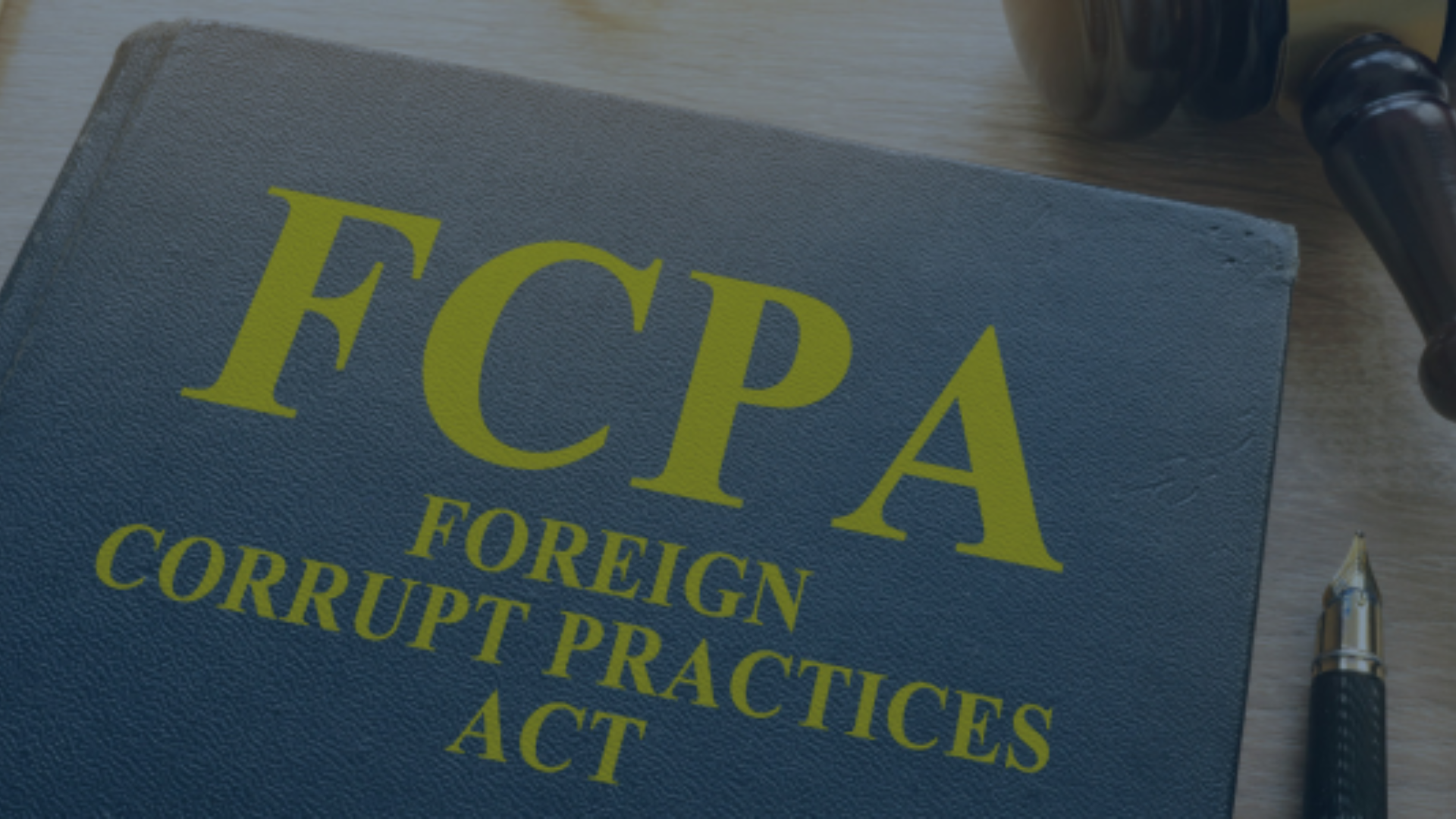Since the early 1990s, managing illegal trades has been central to the Securities and Exchange Board of India’s (SEBI) effort to police the securities marketplace of corporate India, but enforcement has evolved over time.
The ball started rolling with a landmark case against Hindustan Lever Limited for violation of insider trading regulations, and over the years, SEBI, with the aid of the judiciary, has pushed to investigate and prosecute those accused of insider trading.
But insider trading is almost impossible to stop because of the complexities involved in discovering and proving the act. However, a key tool in SEBI’s arsenal to tackle this issue is the concept of a whistleblower. A whistleblower is a person, often an employee, who reveals information about activity within an organization that is deemed illegal or fraudulent.
SEBI formally introduced the concept by adding Chapter IIIA to SEBI (Prohibition of Insider Trading) Regulations, 2015 (PIT regulations). With this amendment, the whistle blower can report insider trading violations directly to the SEBI instead of approaching the internal mechanism of a company. SEBI has tried to externalize the reporting procedure to ensure the whistleblower’s security and anonymity, thereby hoping to drive up the number of possible violation reports and has also announced a financial reward to further incentivize the whistleblower.
Guidelines for Reporting:
Under the latest amendment, individuals acting as whistleblowers are required to submit a Voluntary Information Disclosure Form (VIDF) to SEBI's Office of Information Protection. This form must be submitted either through the informant's legal representative or directly if a legal representative is not involved.
Please note, when the information is submitted through a legal representative, it becomes their responsibility to:
-
verify the identity and contact details of the informant;
-
maintain confidentiality of the identity and existence of the informant;
-
undertake and certify that they have reviewed and signed the VIDF and the information mentioned in it is true to their knowledge; and
-
verify that they have obtained irrevocable consent from the informant to provide VIDF and provide the original VIDF form within 7 days to the SEBI (Regulation 7B(2), PIT).
Maintaining Informant's Confidentiality:
The amendment allows the information the informant provides to be disclosed in legal proceedings to regulatory agencies, self-regulatory organizations, law enforcement organizations, and the public prosecutor concerning criminal proceedings (Regulation 7H, PIT). However, the amendment also necessitates maintaining the confidentiality of the informant's identity throughout the investigation, inquiry, examination, and proceedings conducted by SEBI unless the informant's evidence is required during such proceedings.
Concerning investigations by other authorities, SEBI can request confidentiality of the informant's identity during the process. The informant's identity is also exempted from disclosure under the Right to Information Act, 2005. Furthermore, every listed company must establish sufficient safeguards to protect the informant against retaliation and victimization (Regulation 7I, PIT).
Protecting the Whistleblower;
Merely acting as an informant does not automatically grant protection or immunity for any previous wrongdoing, including securities law violations (Regulation 7K, PIT). However, the informant can confidentially settle their violations as provided in the SEBI Settlement Regulations, 2018. Once again, when determining the penalty to be levied on an informant with previous wrongdoing, SEBI has been bestowed with considerable powers to consider the informant's cooperation and decide the outcome accordingly.
Rewarding the Informant
SEBI may at its sole discretion, declare an informant eligible for reward and intimate the Informant or their legal representative to file an application in a specified format provided for claiming such reward. However, the amount of the reward shall be fixed at 10% of the monetary sanctions and shall not exceed INR 10 crores or such higher amount as SEBI may specify from time to time.
| The informant is entitled to receive the reward regardless of whether they reported to SEBI through the institutional mechanism or not (Regulation 7E(3), PIT). |
If the informant is legally obligated to provide the information or if the information is not original and was obtained through their affiliation with a regulatory agency, surveillance wing of a stock exchange, or law enforcement organizations, including revenue authorities, the provision for a reward shall not apply (Regulation 7G, PIT). Additionally, if the informant knowingly provides false information, fails to cooperate during the investigation and inquiry, or fails to provide complete available information, the offer for reward shall stand rejected.
Final Thoughts;
In several instances, complaints lodged under the whistleblower program resulted in wide media coverage and legal actions by regulatory bodies, including SEBI. Such complaints have caused serious and irreparable scars to the company's reputation, as it shakes the confidence of its investors. There is a rising need to balance the interest of all the stakeholders and not just the interest of the complainant, who is protected against any kind of victimization, but the interest of the company also has to be considered.
To keep insider trading at bay, it is imperative to take proactive measures within the organizations. This requires a comprehensive approach that raises awareness about insider trading risks, promotes transparency in business practices, and instils a culture of accountability throughout the organization.
DISCLAIMER – No information contained in this website may be reproduced, transmitted, or copied (other than for the purposes of fair dealing, as defined in the Copyright Act, 1957) without the express written permission of Rainmaker Online Training Solutions Pvt. Ltd.











